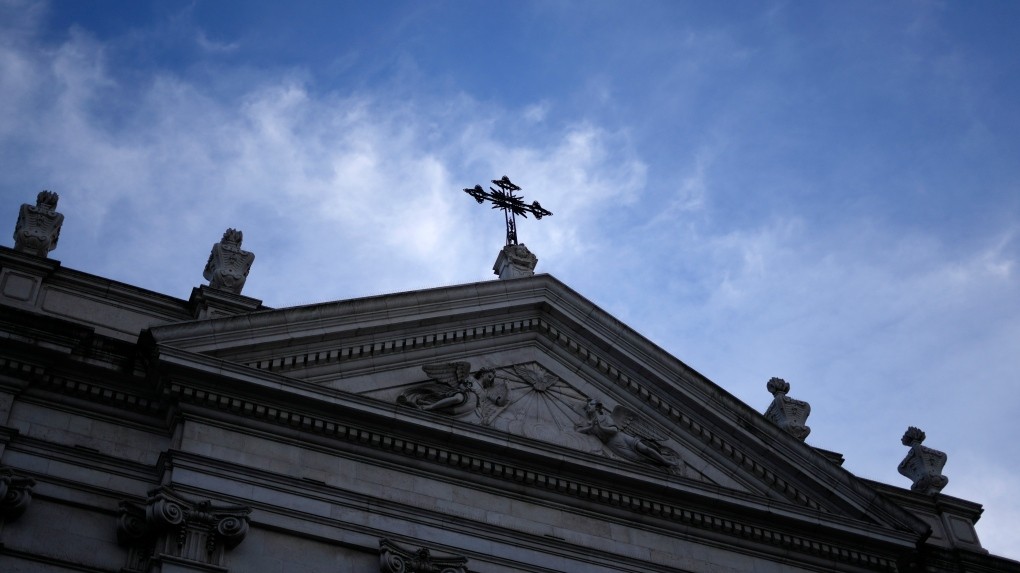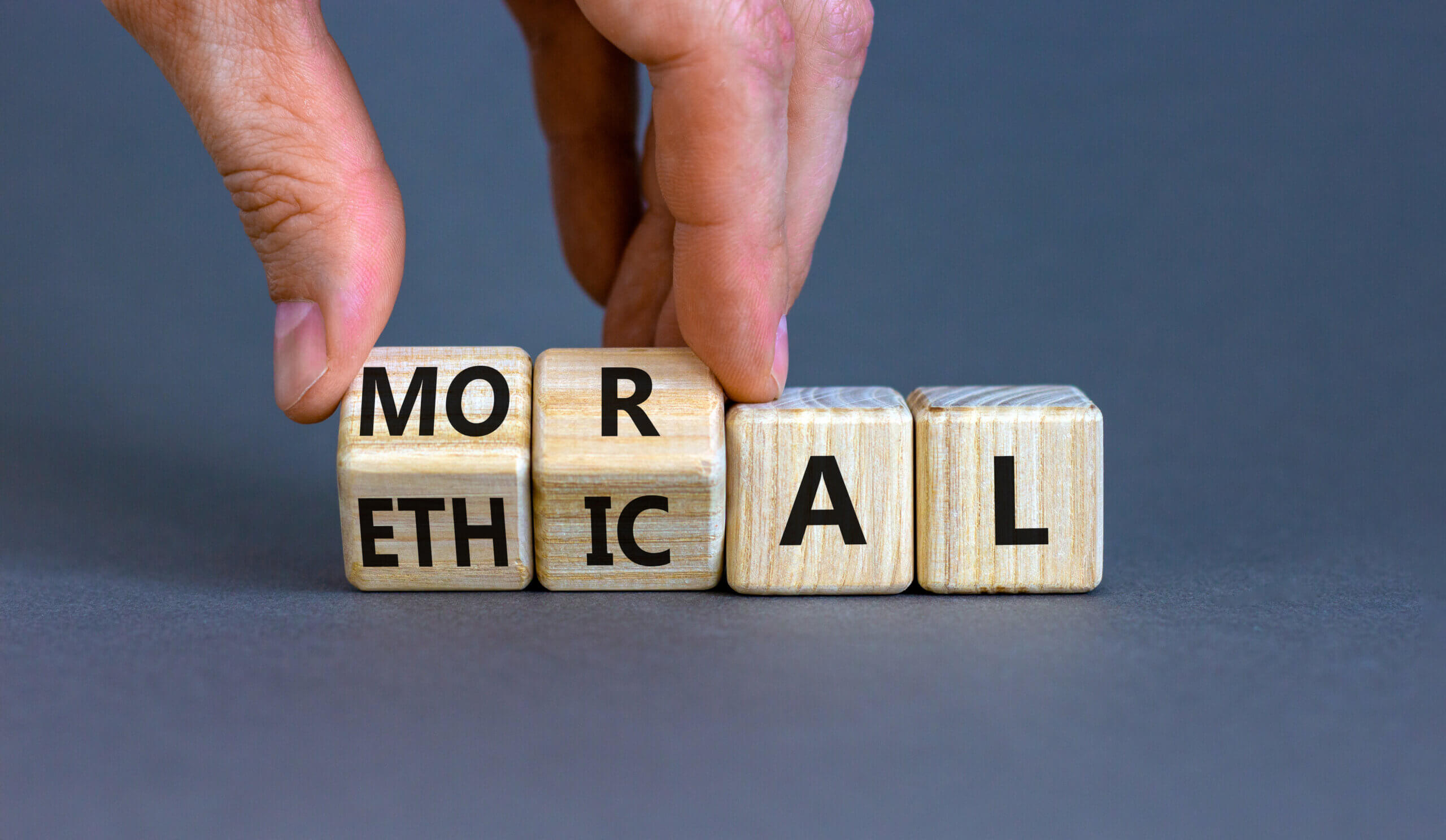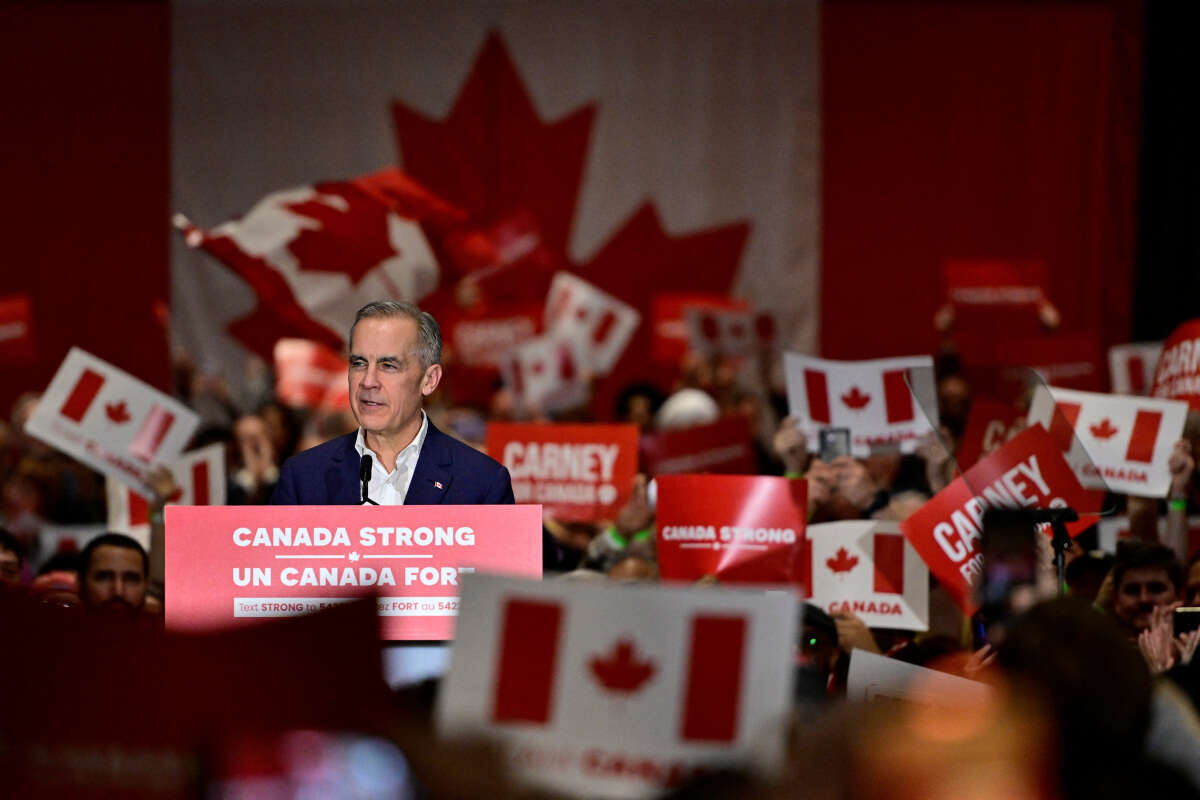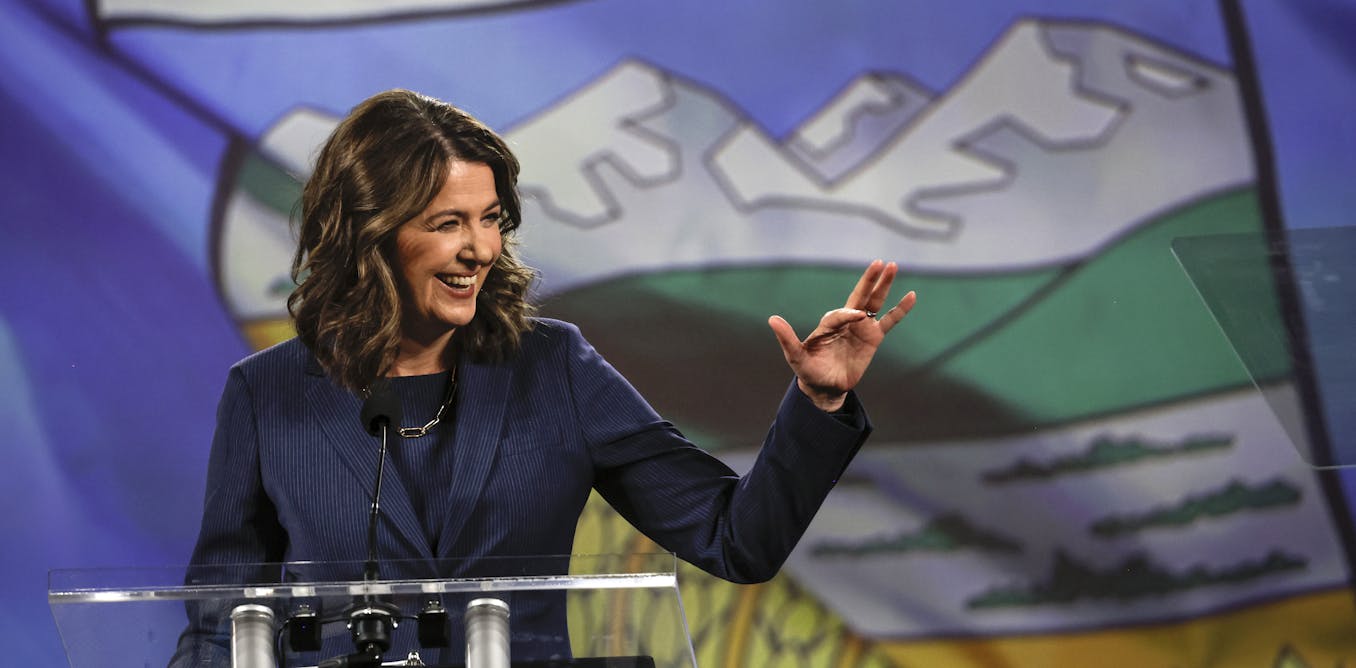And there you have it, folks! A captivating discussion that covers everything from the potential rise of AI judges to the eternal battle between truth and censorship. Who knew the Catholic Church would find itself embroiled in debates over gender dysphoria and the judicial capabilities of artificial intelligence? As we eagerly anticipate the day when robotic judges preside over our courtrooms, let’s not forget the age-old wisdom of relying on algorithms to determine the fate of humanity. After all, what could possibly go wrong? It’s clear that Father Altman and Liz Yore have their fingers on the pulse of our increasingly bizarre world, offering their hot take on the intriguing intersection of faith, technology, and societal challenges.
Father James Altman and Liz Yore, renowned figures within the Catholic community, recently participated in an episode of Faith & Reason hosted by John Henry Westen. The episode, filmed during the Coalition for Canceled Priests’ conference in Chicago, served as a platform for discussing critical issues affecting the Catholic Church and society at large. In this thought-provoking conversation, Father Altman and Liz Yore expressed their concerns regarding transgender surgeries, censorship, and the potential dangers of artificial intelligence (AI).
1. The USCCB’s Response to Transgenderism Cardinals Blaise Cupich, Joseph Tobin, Robert McElroy, and Bishop Shawn McKnight criticized the United States Conference of Catholic Bishops’ document condemning transgenderism. Father Altman responded, asserting that Scripture clearly defines gender as binary and created by God. He firmly stated that there is no room for dialogue on this matter as God’s word is unambiguous.
2. “Excuses” for Dialogue and Globalist Influence Liz Yore, addressing the call for dialogue and further study, referred to it as an “excuse” utilized by both globalist forces within and outside the Catholic Church. She voiced concerns about the ongoing transgender surgeries, including on minors, taking place in Catholic hospitals. Yore highlighted the need to address these issues rather than using dialogue as a diversionary tactic.
3. Censorship and the Threat to Free Speech The Canadian government recently passed a censorship bill aimed at combating “disinformation” in the news. Liz Yore drew parallels between this law and the tactics employed by totalitarian regimes, expressing concerns about its impact on free speech. Furthermore, former President Barack Obama suggested using digital fingerprints to combat “misinformation” during the 2024 presidential election, raising questions about potential infringements on freedom of expression.
4. The Truth and Biolabs Yore speculated that the rise of Robert F. Kennedy, Jr. in the Democratic race signifies a growing awareness of what occurred in Biolabs and the Centers for Disease Control and Prevention (CDC). She suggested that preemptive censorship is an attempt to suppress information that, once revealed, could have significant repercussions. Father Altman compared this censorship to the tactics used by Radio Free Europe and emphasized the importance of understanding history to prevent its repetition.
5. The Potential Dangers of AI in the Legal System Sir Geoffrey Vos, Britain’s Master of Rolls, predicted that artificial intelligence would eventually make judgments in court decisions, starting with minor cases. However, serious criminal cases and custody battles would still require human judgment. Liz Yore, a lawyer herself, lamented the potential loss of the jury system and the ability to be judged by peers. Father Altman emphasized the significance of human presence in assessing witness credibility and warned against the perils of relying solely on AI judgment.
Conclusion: Father James Altman and Liz Yore brought attention to critical issues affecting the Catholic Church and society at large. They defended Catholic doctrine, questioned the motives behind dialogue and further study, expressed concerns about increasing censorship, and highlighted the potential risks of relying on artificial intelligence in the legal system. Their thought-provoking insights serve as a call to action to defend freedom, truth, and the principles that honor God’s creation.










